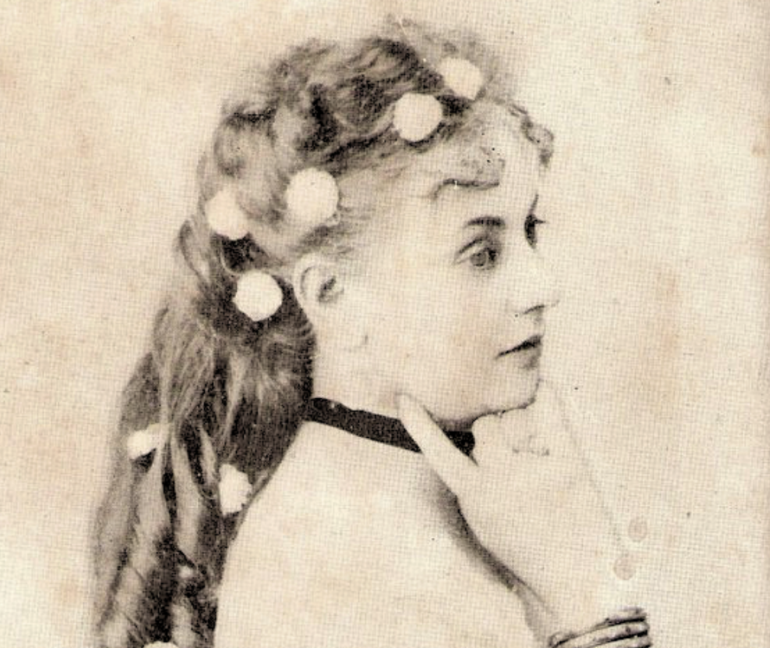Madame Elisa Lynch, born in Charleville, County Cork, Ireland, stands as a key and controversial figure in Paraguayan history. On the anniversary of her birth, 19th November, as joint celebrations took place in Paraguay and Ireland, historian Claudio Velázquez Llano presented a detailed reconstruction of her life, highlighting both her contributions and the controversies surrounding her.
A childhood marked by loss
Born in 1833 during the reign of William IV, Madame Lynch’s early years unfolded in a period of relative peace following the Napoleonic Wars. Her father, a physician, amassed some wealth, but Elisa was orphaned at a young age, profoundly shaping her life. At 16, she married French military doctor Xavier Quatrefages in Kent. The couple moved to Algiers, Africa, before separating in 1853. “She separated in practice, but not legally,” Velázquez clarified, emphasising the complexity of her circumstances at the time.
When Madame Lynch Met Francisco Solano López

Elisa met Francisco Solano López in Paris within the social circles of the bourgeoisie. At the time, López was on a critical diplomatic mission to gain recognition for Paraguay’s independence and acquire technology for the country’s development, including railways and weapons.
Velázquez debunked one of the most enduring criticisms of Madame Lynch: accusations of having worked as a courtesan. According to research by Michael Lillis and Ronan Fanning, no documentary evidence supports this claim. “It’s important to highlight that Lillis and Fanning’s work shows these accusations are unfounded within the context of French society at the time,” the historian noted.
Her relationship with López was intense from the start. She accompanied the Paraguayan leader back to the country, although she initially stayed in Buenos Aires before settling in Paraguay. Velázquez remarked, “The facts suggest it was a fairly solid relationship.”
A controversial figure in the Triple Alliance War
During the War of the Triple Alliance, Elisa Lynch played a significant role in logistics and organisation. Velázquez explained that her presence was crucial in several critical moments besides boosting troop morale through social events. However, her extramarital relationship with López sparked disapproval among conservative circles of Paraguay’s high society, including López’s devoutly religious mother, Juana Pabla Carrillo.
Elisa faced accusations of excessive ambition at the war’s end, particularly concerning property acquisitions. “This led her to start a campaign for restitution, even weeks before López’s death,” Velázquez explained. These criticisms have kept her one of the most contentious figures in Paraguayan history.
Madame Lynch’s Cultural impact on Paraguay
Despite the controversies, Lynch’s cultural impact on Paraguay was undeniable. From her fashion to the dances and social events she promoted, she set trends in a society gradually opening up to European influences. “Her clothing, jewelry, and even the literature she introduced left a lasting mark on Paraguayan society,” the historian emphasised.
After the war, Elisa returned to Europe, traveling to Egypt and the Middle East for her final years. She died in 1885 in Paris from stomach cancer. Velázquez noted her financial situation had deteriorated significantly by the end of her life, as evidenced by her burial in a shared plot.

Anecdotes and legacies
On the anniversary of her birth, historian Claudio Velázquez Llano revealed little-known details of Elisa Lynch’s life. For example, during a brief return to Paraguay in 1875, she faced threats from elite women who blamed her for executions during the war. At the time, President Juan Bautista Gill requested information about war treasures supposedly buried by López.
One of the most striking stories is Elisa’s gift to Gill: the presidential sash that had belonged to Carlos Antonio López and Francisco Solano López. According to Velázquez, this item remains in the possession of Gill’s descendants.
A name that continues to divide opinions
Over a century after her death, Madame Lynch remains a polarising figure. To some, she represents an ambitious and calculating individual; to others, she was a woman ahead of her time who played a crucial role in Paraguay’s cultural and political history. “She is deeply controversial,” Velázquez concluded, adding that efforts to rehabilitate her memory aim to counter decades of criticism and stigma.
The legacy of Madame Lynch, with its complexity and controversy, invites reflection on her impact on Paraguayan history and culture and her influence within the international context of her era.


